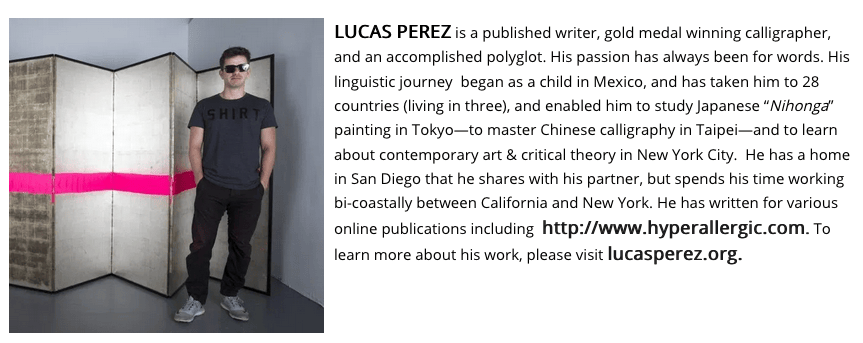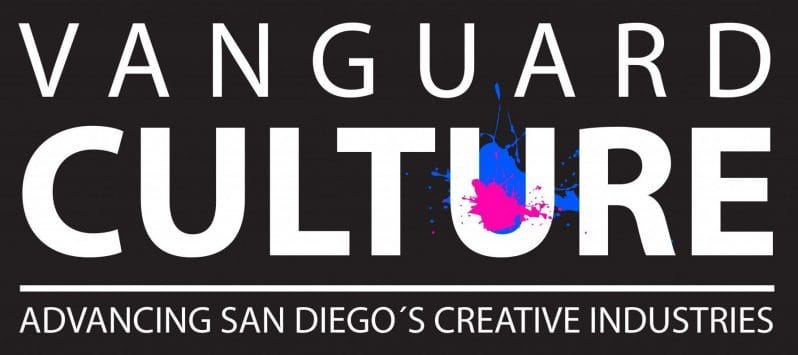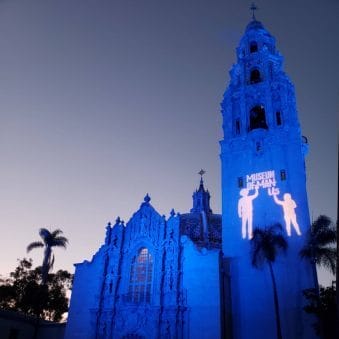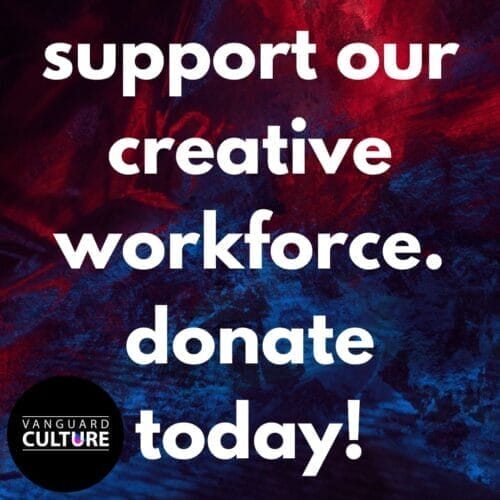Article by Lucas Justinien Pérez
August 7, 2020
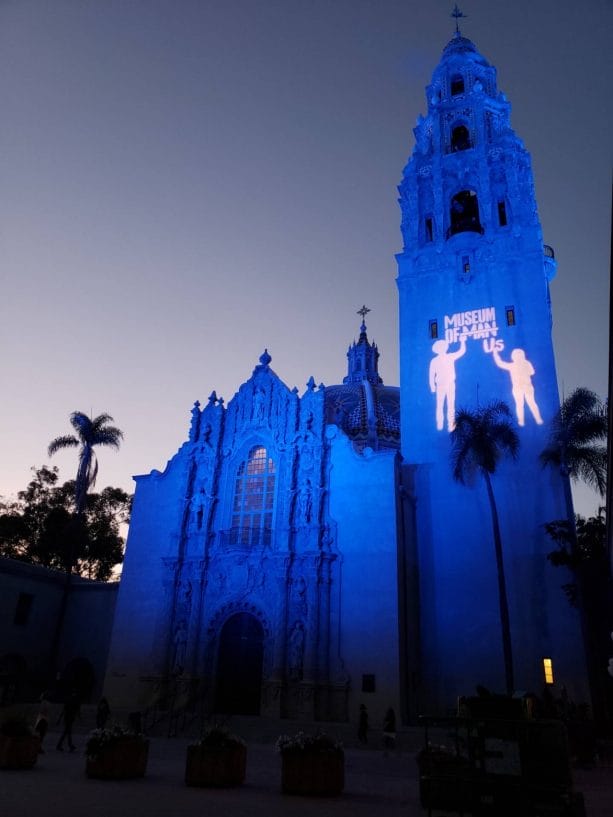
After 40 years as “The Museum of Man–the one hundred-year-old anthropological museum in San Diego’s Balboa Park changes its name to “The Museum of Us” amid Black Lives Matter protests and a spate of rebranding efforts from companies across the country.
Changing “Museum of Man” to a more gender inclusive name has been a topic of discussion among San Diegans for decades. Public outcry against the antiquated name first emerged in the early 90’s when local women’s groups publicly announced they refused to enter the museum until the name was changed. The name did not change.
The subject was brought up again in 2017 after a survey was released to the public, and an interactive exhibition was installed in the museum’s rotunda in which visitors could leave their suggested names.
A variety of local interest groups were also brought in to offer their perspective including Kumeyaay Tribal leadership, and the name “Museum of Us” was decided upon. The name still didn’t change however because the museum’s CEO Micah Parzen first wanted to redress the museum’s problematic collection of anthropological artifacts including the remains of indigenous people. These initiatives—including returning ancestral remains to living descendants—were scheduled to continue for several years past 2020.
In an interview with James Haddan, Senior Director of Development and External Communication, he said museum leadership felt uncomfortable changing the name until these decolonization initiatives were complete. When the museum shut down due to Covid-19, the opportunity was seized to force the long-awaited name change.
Haddan also mentioned there had been discussions among staff about the obvious disconnect between decolonization initiatives and the museum building’s grandiloquent Spanish colonial revival architecture. He mentioned no permanent changes could be made to the building because the museum leases it from the city, but they were thinking of creative solutions to incorporate the architecture as a teaching aid.
While many San Diegans have championed the effort, some critics say the museum is only fast-tracking the name change because of social media pressure. Others view the abrupt change as an insincere gesture after 20 years of inaction from the museum. Still other rebranding skeptics question the sincerity of a name-change that’s perceived to be reactionary and post-fact, even if the museum had been working on decolonization initiatives for years prior.
When questioned about the future, Haddan said the pandemic has thrown exhibition schedules into uncertainty, but one of the museum’s main priorities at this time, was to complete the de-accession of as many tribal remains as possible [this process is stymied by incomplete acquisition records of many of the museum’s holdings].
For more information about the museum’s decolonizing initiatives please visit: https://museumofus.org/decolonizing-initiatives/
